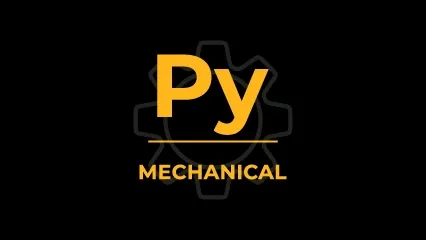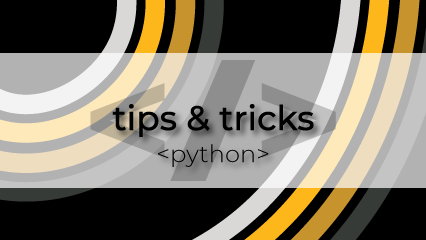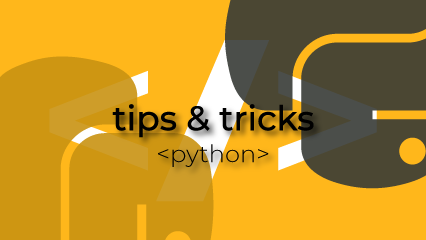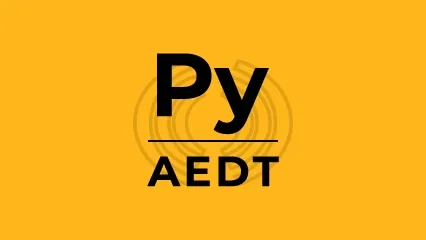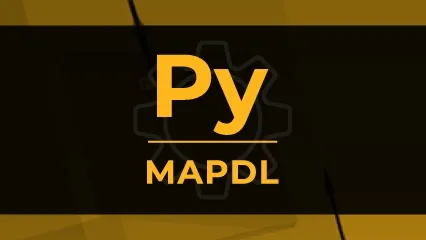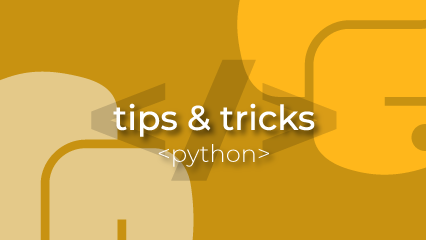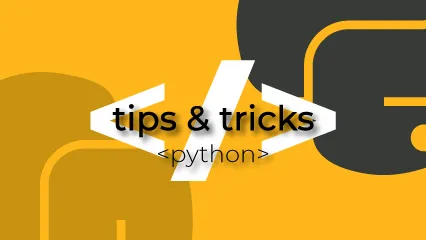A Guide to Streamlining CFD Simulations and Reporting
| 11.28.2023How can you turn raw data into a useful format for obtaining valuable insights? Tools like Ansys Dynamic Reporting help make this a reality. This article covers ways to utilize the PyAnsys ecosystem to streamline CFD simulations and generate comprehensive reports using PyFluent and PyDynamicReporting. It demonstrates access and integration of generated reports with modern tech stacks, for use within an end-to-end workflow as a web application.
venv and Virtual Environments
| 10.30.2023Developers often turn to GUI-based environment managers to avoid working with virtual environments on the command line. It is useful to know about what's going on "under the hood" when using these tools, and they may not always be available to you in the future. So long as you have a computer and an installation of Python you'll have a command line/terminal and the power to make virtual environments. This article provides a guide to using this functionality.
Introduction to PyAEDT
| 10.23.2023PyAEDT is a natural evolution of the AEDT scripting tools that supports Python. By wrapping the proprietary AEDT scripting interface in Python commands, and packaging the result as a Python library that can be easily used by Python developers, PyAEDT allows the use of AEDT from Python directly.
PathAnalysis package for pressure vessel licensing procedures in Ansys Mechanical
| 09.01.2023Tiago Pomella Lobo of Karlsruhe Institute of Technology presents his PathAnalysis package for use with ACT in Ansys Mechanical. "This Ansys Mechanical extension that can be installed by anyone, adding a custom toolbar menu that can automatically find and create the shortest path between a pair of named Node and Surface, compute linearized (stress and temperature) solutions along those paths, and also export and delete those results. "
Working with text files in Python - Quick start
| 08.18.2023One of the most important skills in any programming language is knowing how to open text files and extract the data/information for your program. This is usually quite straightforward, but there are various aspects that may make it trickier than you initially suspect. This guide gives readers recipes they can build on, covering common situations and pointing out some common pitfalls.
Embedding PyDynamicReporting into applications
| 08.08.2023Ansys Dynamic Reporting provides interactive and dynamic reports that can be embedded in any application, and the pydynamicreporting library allows easy access and control over the application. This quick guide provides steps to easily embed ADR into your application, allowing you to add powerful and modern looking reports to your application.
Pythonic Interface for Ansys Fluent
| 06.08.2023Effortless Visualization of Simulation Data and embed it with Modern Web Apps. The Ansys Fluent Visualization Python Module is a dynamic client library that allows you to produce visually captivating depictions of fluid dynamics simulations using Ansys Fluent.
